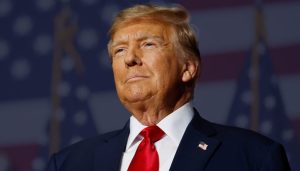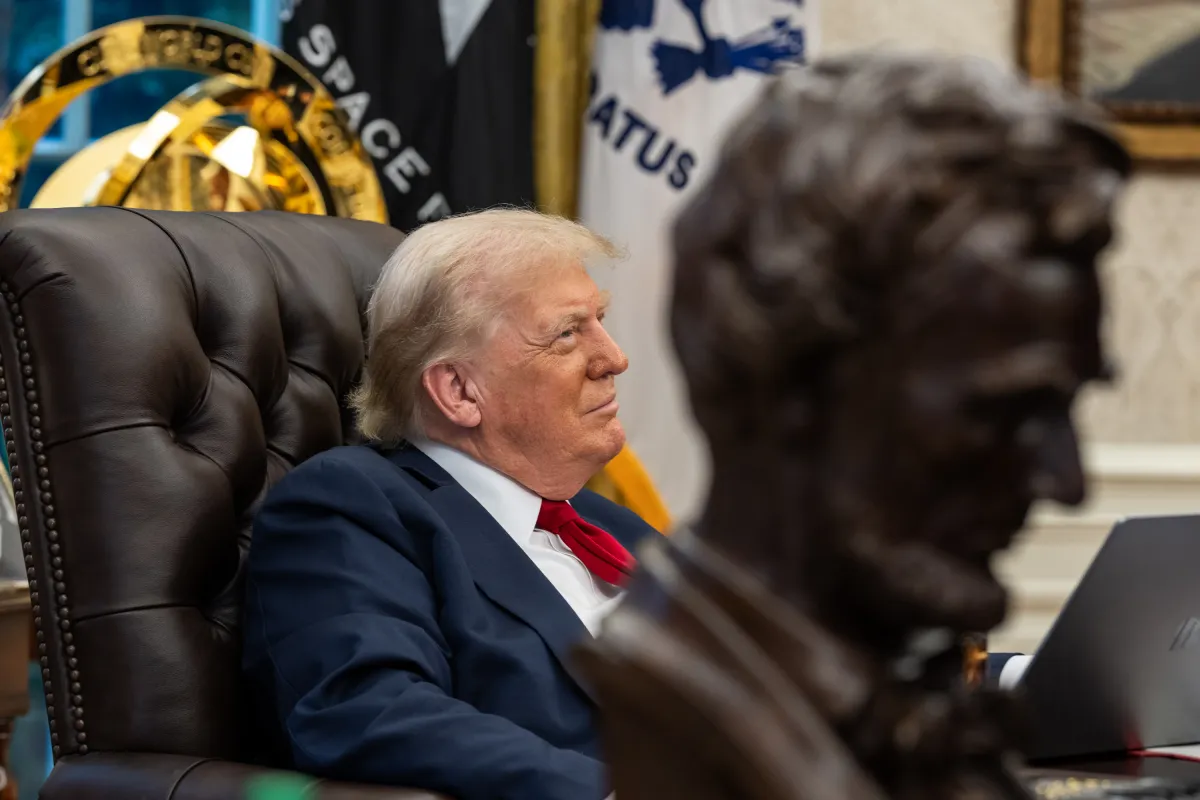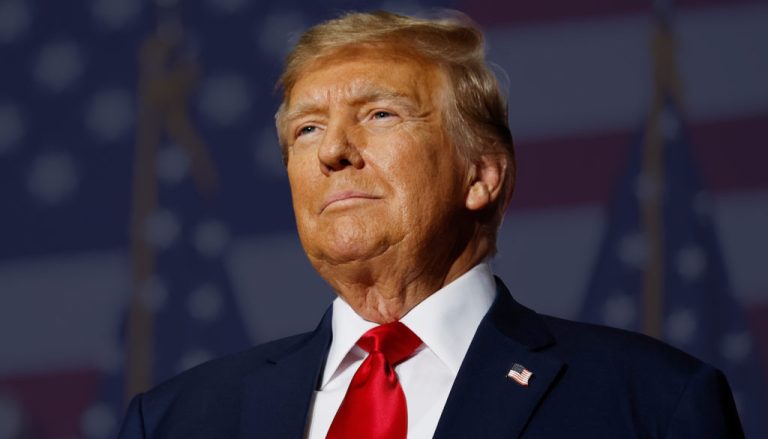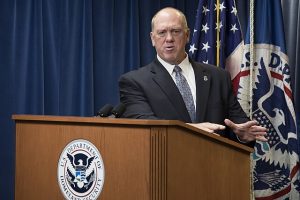The U.S. Department of Defense has undergone another high-profile leadership shake-up. Defense Secretary Pete Hegseth removed Lieutenant General Jeffrey Kruse, the Director of the Defense Intelligence Agency (DIA), in August 2025. The dismissal, citing a “loss of confidence,” followed controversy over a preliminary intelligence assessment concerning U.S. airstrikes on Iranian nuclear facilities. The decision marks one of the most consequential personnel changes in the national security establishment this year, raising concerns about the balance between political control and the independence of intelligence agencies.
Background on Lt. Gen. Jeffrey Kruse
Lieutenant General Jeffrey Kruse, a seasoned career intelligence officer, assumed the directorship of the DIA in February 2024. His decades of service included assignments in the Office of the Director of National Intelligence, combat commands, and senior positions at the Pentagon. At the DIA, Kruse oversaw a sprawling intelligence apparatus tasked with assessing foreign military capabilities, monitoring emerging threats, and providing critical analysis to inform U.S. defense strategy.
The DIA, as one of the principal intelligence agencies within the Department of Defense, plays a central role in evaluating the military readiness and technological capacities of adversaries such as China, Russia, and Iran. For this reason, its director holds a sensitive and influential position—one expected to maintain both analytical rigor and trust with civilian leadership.
The Iran Airstrikes and Intelligence Fallout
The controversy that led to Kruse’s dismissal centered on U.S. military operations against Iran. In June 2025, American forces launched a series of airstrikes targeting Iran’s nuclear facilities. The administration publicly described the strikes as a resounding success, suggesting that Iranian nuclear capabilities had been destroyed or significantly diminished.
However, a preliminary assessment by the DIA reportedly painted a less optimistic picture. While specific details remain classified, media reports indicate that the DIA concluded Iran’s nuclear program had only been delayed by a matter of months rather than destroyed outright. This finding stood in sharp contrast to public statements by senior administration officials, including President Donald Trump, who characterized the operation as having “obliterated” Iran’s nuclear sites.
Within days of the strikes, elements of the preliminary DIA assessment were leaked to the press. The disclosure created a political firestorm, intensifying debate over the effectiveness of the strikes and the credibility of administration claims. The leak also placed immense scrutiny on the DIA’s leadership and its handling of sensitive material.
Kruse’s Removal
On August 22, 2025, Defense Secretary Pete Hegseth announced the removal of Lieutenant General Kruse, citing a loss of confidence in his leadership. Though the Pentagon did not elaborate on specific reasons, officials confirmed the dismissal was linked to concerns about the Iran assessment and the subsequent leak.
Christine Bordine, the DIA’s deputy director, was appointed acting director immediately following Kruse’s departure. Bordine, a career intelligence professional, now leads the agency during a period of heightened political sensitivity and global security challenges.
The speed and severity of Kruse’s removal raised eyebrows across Washington. Intelligence veterans described the move as extraordinary, noting that dismissals of DIA directors under such circumstances are rare. Members of Congress also voiced unease about the precedent being set, warning that the perception of political pressure could undermine the independence of intelligence analysis.
Reactions from Lawmakers and Analysts
Reaction to Kruse’s firing has been mixed. Supporters of the administration framed the move as a necessary step to restore trust and discipline within the intelligence community. They argued that leaks of classified material jeopardize national security and that leaders must be held accountable when sensitive information is mishandled.
However, critics, particularly among Democratic lawmakers, viewed the dismissal as politically motivated. Senator Mark Warner, a leading member of the Senate Intelligence Committee, expressed concern that removing the DIA director for producing an unflattering assessment could discourage analysts from providing honest, evidence-based evaluations. Warner and others warned that the episode risks sending a message that intelligence leaders are expected to align their conclusions with administration talking points rather than objective analysis.
Intelligence experts have echoed those concerns, pointing out that the strength of U.S. intelligence lies in its credibility and independence. If analysts fear career repercussions for producing inconvenient findings, the quality and reliability of intelligence could be compromised—ultimately harming national security.
A Broader Pattern of Shake-Ups
Kruse’s removal is not an isolated incident. Since early 2025, the Trump administration has overseen a series of high-level dismissals and reshufflings across the intelligence and defense establishment. In April, the head of the National Security Agency, General Timothy Haugh, was relieved of duty, as were several senior National Security Council staff members. Other Pentagon offices have also seen leadership turnover in recent months.
Observers describe this pattern as indicative of a broader effort to reshape the national security apparatus in line with the administration’s priorities. Supporters view the changes as a necessary correction to ensure loyalty and accountability within agencies long criticized as unresponsive or resistant to elected leadership. Detractors, by contrast, warn that the shake-ups risk politicizing intelligence and weakening institutions designed to provide impartial advice.
Implications for U.S. Intelligence
The dismissal of Lieutenant General Kruse underscores the difficult balance between intelligence independence and political control. On one hand, the administration has a legitimate interest in ensuring that intelligence agencies safeguard classified material and provide analysis that supports national security goals. On the other, the credibility of U.S. intelligence depends on its ability to speak truth to power—even when findings are politically inconvenient.
By removing Kruse in the wake of the Iran assessment leak, the administration has set a precedent that could have far-reaching implications. Analysts and intelligence leaders may worry that candid assessments, if they conflict with official narratives, could jeopardize their careers. Such a chilling effect could erode the willingness of professionals to deliver frank and unvarnished judgments, weakening the very foundation of informed decision-making.
Looking Ahead
As Christine Bordine steps into the role of acting director, the DIA faces an uncertain path forward. The agency must continue to assess global threats, from Iranian nuclear ambitions to Chinese military modernization, while also navigating heightened political scrutiny. How Bordine manages the fallout from Kruse’s removal—and whether she can reassure both the administration and the intelligence community—will shape the DIA’s trajectory in the months to come.
Meanwhile, lawmakers on Capitol Hill are likely to maintain close oversight. While no formal congressional inquiries have yet been launched, private concerns among both Democratic and Republican members suggest that the events surrounding Kruse’s removal will remain under scrutiny.
Conclusion
The firing of DIA Director Jeffrey Kruse marks a pivotal moment in the relationship between the Pentagon, the intelligence community, and the White House. It highlights the tensions that arise when intelligence assessments clash with political narratives, and it raises difficult questions about the role of independence in national security decision-making. Whether the move strengthens discipline and loyalty within the intelligence apparatus, or undermines the credibility of U.S. intelligence in the long run, remains to be seen. What is clear is that the fallout from this episode will reverberate across Washington—and the intelligence community—for months to come.

James Jenkins is a celebrated Pulitzer Prize-winning author whose work has reshaped the way readers think about social justice and human rights in America. Raised in Atlanta, Georgia, James grew up in a community that instilled in him both resilience and a strong sense of responsibility toward others. After studying political science and creative writing at Howard University, he worked as a journalist covering civil rights issues before dedicating himself fully to fiction. His novels are known for their sharp, empathetic portraits of marginalized communities and for weaving personal stories with broader political realities. Jenkins’s breakout novel, Shadows of Freedom, won national acclaim for its unflinching look at systemic inequality, while his more recent works explore themes of identity, resilience, and the fight for dignity in the face of oppression. Beyond his novels, James is an active public speaker, lecturing at universities and participating in nonprofit initiatives that support literacy and community empowerment. He believes that storytelling is a way to preserve history and inspire change. When not writing, James enjoys jazz music, mentoring young writers, and traveling with his family to explore cultures and stories around the world.









